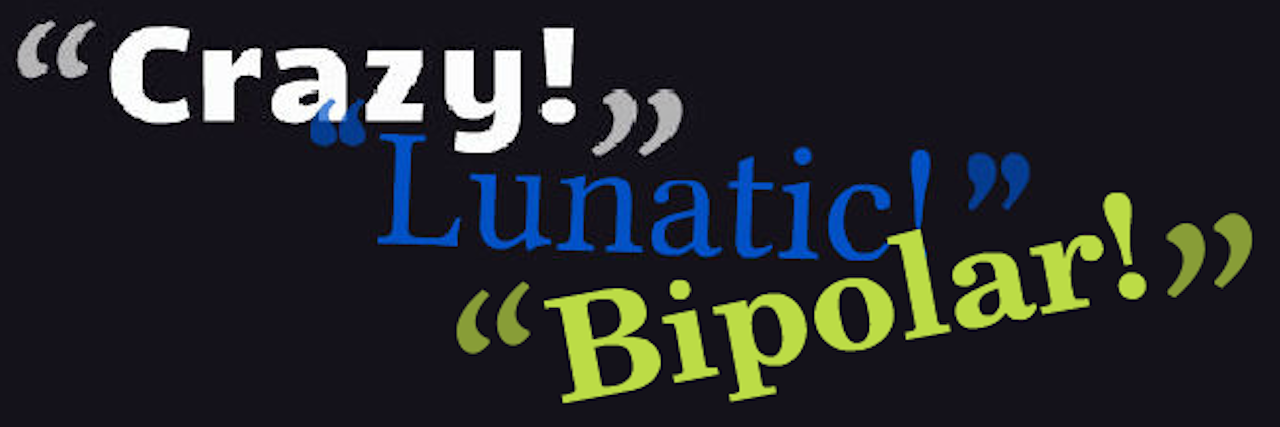Dear presidential candidates,
I want to first off thank you for attempting to “step up to the plate” to move the country in the direction you think is best. I don’t agree with everyone’s policies, but I understand that being a presidential candidate forces you to be the target of scrutiny and face an immense amount of pressure.
During debates and other heated discussions, often your goal is to point out the flaws of opponents and make sure potential voters know who not to vote for. Often inflammatory language and insults are thrown, even without meaning to. I know we sometimes say things that we don’t mean during arguments, but there is no excuse to use mental health conditions as a way to demean or imply something negative about your rivals.
According to the National Alliance on Mental illness, we live in a country where approximately 1 in 5 adults (43.8 million Americans) and 1 in 5 13-18-year-olds will be diagnosed with a mental illness at some point during their life. “Serious mental illness costs America $193.2 billion in lost earnings per year,” so even if you don’t care about your potential constituents who live with mental illness because it’s the right thing to do, you should care about us because it would be a fiscally responsible decision.
Also, we don’t know how many people have lost jobs as a result of stigma in the workplace or taking sick days due to mental illness symptoms. That is a legitimate fear of mine despite the fact that I have worked hard to get further along in my recovery process.
I also worry about the costs of treating my mental illness because even though my family has health insurance, mental healthcare is the highest-costing care I receive, and I am still lucky because many people have to choose between paying the bills or seeing a mental
health professional. There are probably thousands, possibly millions of people suffering from undiagnosed mental illness due to lack of mental health education and resources.
Suicide rates are increasing daily, and we can’t ignore this tragedy that continues to steal lives. About 42,773 Americans die by suicide each year, and suicide costs the country $44 billion annually. Suicide is the 10th leading cause of death, while homicide is 17th, and suicide is the #1 cause of death for teenage girls worldwide.
As someone who lives with mental illness, I see and hear the stigmatization on a near daily basis, most often on the internet. What I mean by mental health stigma is all the negative attitudes (including hate) and misinformation regarding mental health/illness. Sometimes I reply to comments with statistics about mental illness or explain how these words can harm people, while other times I am not emotionally equipped to take on trolls and people who are willfully and stubbornly ignorant about mental illness.
I can back away from the computer and carry on with my day because I worked hard in therapy to learn coping skills to deal with situations that can really upset me. However, when a person who could be the next leader of your country starts saying stigmatizing words, it’s hard not to get frustrated and infuriated.
Every time you describe your opponent as a “lunatic” for having views you don’t agree with or call him or her “bipolar” for frequently shifting views, you are insulting nearly 20 percent of the American population. You’re perpetuating the idea that mental illness and those who live with have them are inherently bad while negating the seriousness of these conditions have a negative impact on our daily lives — even if that is not your intention.
You remind me of all the people and media in my life that told me that only certain (dangerous) people have mental illness, not someone like me, even though people who live with mental illness are more likely to be the victim of a crime than commit one. Stigma caused me to spend years suffering in silence from experiences I couldn’t explain because I didn’t know the truth about mental illness or that there are people ready to help me take on my Generalized Anxiety Disorder (GAD), panic attacks and depression.
I do not want to censor anyone, as I am proud to live in a country with free speech, but we have to realize our words have repercussions, especially words of someone with influence. Sticks and stones may break bones, but words can lead to stigma and suicide. You are all educated adults, so you probably have a vast vocabulary. Maybe it’s time you start using it.
Sincerely,
A proud voter and citizen
If you or someone you know needs help, see our suicide prevention resources.
If you need support right now, call the Suicide Prevention Lifeline at 1-800-273-8255.

